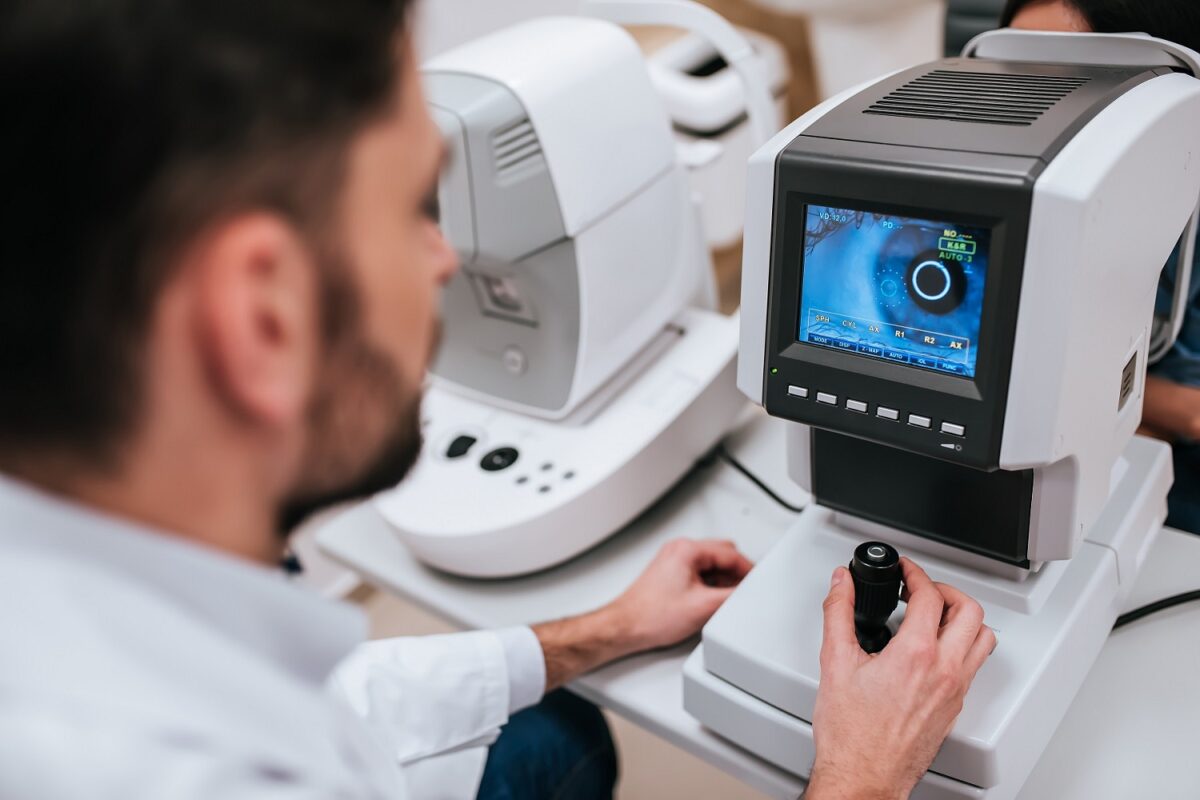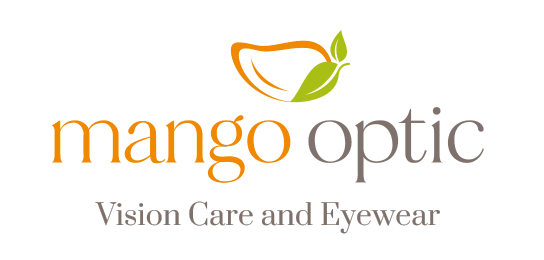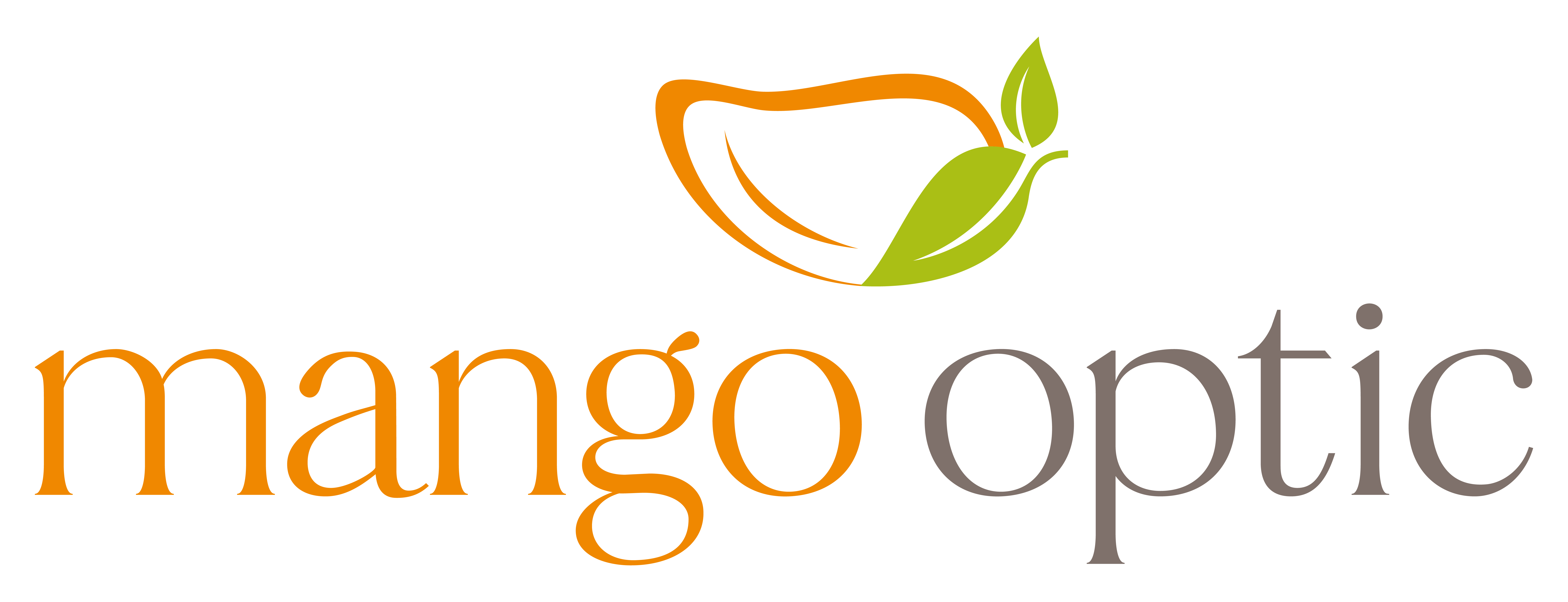The Window to Health: The Importance of Eye Exams in Detecting Glaucoma

Imagine a world without colors, without the beauty of a sunset or the joy of reading a captivating novel. Our eyes are not only the windows to our soul but also the portals through which we experience the world around us. Protecting our vision should be a top priority, and one of the key reasons why eye exams are crucial is their role in detecting glaucoma – a stealthy and potentially devastating eye disease. In this article, we will delve into the significance of regular eye exams in identifying and managing glaucoma, emphasizing the importance of proactive eye care.
Understanding Glaucoma
Glaucoma, often referred to as the “silent thief of sight,” is a group of eye conditions that gradually damage the optic nerve, which connects the eye to the brain. It is a leading cause of irreversible blindness worldwide. What makes glaucoma particularly insidious is that it usually develops slowly and without noticeable symptoms until it has reached an advanced stage. By the time an individual notices changes in their vision, irreversible damage may have already occurred.
The Role of Eye Exams
Regular eye exams with Board Certified optometrists are like health check-ups for your eyes. They involve a comprehensive evaluation of various aspects of your vision and eye health, and they play a critical role in the early detection and management of glaucoma. Here’s how:
- Intraocular Pressure Measurement: Elevated intraocular pressure (IOP) is a major risk factor for glaucoma. During an eye exam, your eye doctor will measure your IOP using a simple, painless test called tonometry. Elevated IOP can be an indicator of potential glaucoma risk and can prompt further evaluation.
- Optic Nerve Evaluation: The optic nerve is responsible for transmitting visual information from the eye to the brain. Changes in the appearance of the optic nerve can be a sign of glaucoma. A dilated eye exam allows the eye doctor to examine the optic nerve head and assess its health.
- Visual Field Testing: Glaucoma often causes peripheral vision loss, which can go unnoticed in its early stages. Visual field testing involves mapping out your entire field of vision to identify any subtle changes or defects that could be indicative of glaucoma.
- Gonioscopy: This test is used to examine the drainage angle of the eye, which plays a crucial role in fluid outflow and maintaining proper intraocular pressure. Gonioscopy helps determine the type of glaucoma and guides treatment decisions.
- Pachymetry: Corneal thickness can influence intraocular pressure readings. Pachymetry measures corneal thickness and helps ensure accurate IOP assessments, aiding in the diagnosis and management of glaucoma.
- Regular Monitoring: For individuals at higher risk of glaucoma, regular eye exams allow for ongoing monitoring of changes in intraocular pressure, optic nerve health, and visual field integrity. Early detection and timely intervention can significantly slow down the progression of the disease.
The Importance of Early Detection
The key to effective glaucoma management lies in early detection. By the time noticeable symptoms appear, irreversible vision loss may have occurred. Regular eye exams enable eye care professionals to catch glaucoma in its early stages, providing an opportunity to initiate treatment and prevent further damage. Early detection can mean the difference between maintaining good vision and facing a lifetime of visual impairment.
Treatment and Management
While glaucoma cannot be cured, it can be effectively managed to slow down its progression and preserve vision. Treatment options may include medicated eye drops, laser therapy, or surgery, depending on the type and severity of glaucoma. Regular eye exams are essential for monitoring the effectiveness of treatment and making adjustments as needed.
Conclusion
Our eyes are priceless treasures that enrich our lives with experiences, memories, and emotions. Preserving our vision requires proactive care, and regular eye exams are the cornerstone of that care. These exams play a pivotal role in detecting glaucoma, a stealthy disease that can rob us of our sight if left unchecked. By catching glaucoma early through comprehensive eye exams, we empower ourselves with the knowledge and tools to protect our vision and maintain our quality of life. Don’t wait for symptoms to appear; prioritize your eye health today for a brighter and clearer tomorrow.




